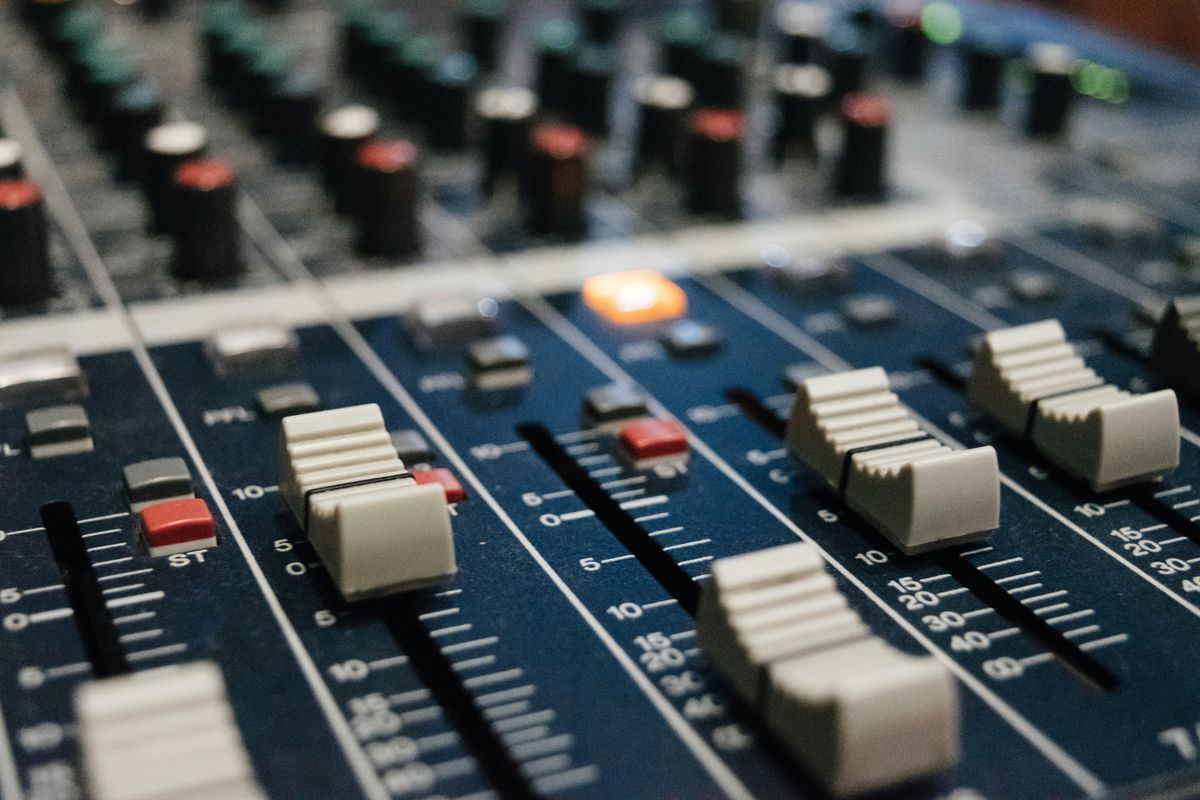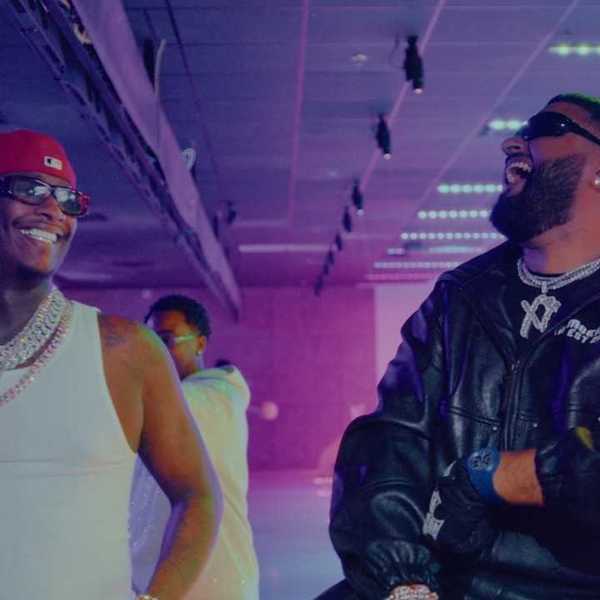Re:Sound Calls on Canadian Government to Help Artists Receive More Royalties
The music licensing non-profit is calling on the federal government to update the Copyright Act with measures to help increase royalties for Canadian artists.

audio mixer
There's a new campaign that wants to change the way that artists receive royalties for their music.
Re:Sound, the non-profit that collects performance royalties for Canadian artists and labels, is calling on the federal government to include changes that would help improve royalties in the upcoming federal budget.
The organization has launched a letter campaign advocating for three proposed action items all focused on the Copyright Act and how it governs the licensing of Canadian recorded works.
First, Re:Sound wants the government to alter the definition of "sound recording" in the Act, so that audio-visual content that includes Canadian music would have to pay performance royalties for the use of those recordings. As Re:Sound explains it, Canadian rights-holders currently don't receive a performance royalty when their songs are used in movies, TV shows and online videos. Re:Sound is hoping to change that to give Canadian artists and labels another source of revenue.
Second, they're also calling for the elimination of the 1.25 million exemption for commercial radio broadcasters, which states that for a station's first $1.25 million in advertising revenue, it only has to pay $100 in performance royalties. The exemption was introduced in 1997 as a temporary measure, and other organizations like the Canadian Independent Musicians' Association (CIMA) have since recommended its elimination. The radio industry has undergone consolidation in Canada, they argue, and the exemption now primarily serves large corporations.
Third, Re:Sound urges the need to update the private copying regime (i.e. the rules around the act of making copies of your music collection for your own personal use) to account for technological changes.
These changes would aim to increase performance royalties at a time when Canadian artists are struggling with a high cost of living and limited ways to earn a living from music.
"As a Canadian music creator, I see what it's like for my peer artists who are struggling during these hard economic times," explains singer-songwriter, CBC host and Re:Sound board member Florence K.
Other Canadian music organizations have also been sounding the alarm about these challenges. A collective of Quebec arts organizations, including the Guilde des musiciens et musiciennes du Québec, recently sent a letter to Premier François Legault calling for a re-evaluation of public funding for the arts. "Quebec artists and artisans continue to be impoverished, generating a crisis of confidence in the various public institutions of our cultural industry ecosystem," the letter states. "For some, it has become impossible to practice their craft with dignity."
CIMA has been advocating for increased government contribution to the Canada Music Fund, which supports the granting body FACTOR and, in doing so, provides funding to thousands of Canadian artists for creation, travel, and more. Meanwhile, independent Canadian radio broadcasters are making their own appeal to the government, calling for specific measures in the 2024 budget to assist local radio, like dedicated government ad spends and tax incentives for advertisers.
Re:Sound emphasizes that their proposals are market-based and require no additional funding from the government. They're calling for legislative changes which they say would bring Canada up-to-date with the copyright standards of 40 other countries. Some researchers argue, though, that copyright laws are not always helpful to artists, namely because not all artists necessarily hold the rights to their work.
Before 1997, radio broadcasters and companies weren't required to pay performance royalties for public use of copyrighted recordings in Canada. They paid publishing royalties, which go towards songwriters, while performance royalties go towards the actual musicians on the record (or other parties that hold the rights to the recordings, like labels). Re:Sound was founded in 1997 in response to these changes (then as the Neighbouring Rights Collective of Canada) and today works with member organizations to distribute royalty payments to musicians, as well as licensing businesses to play recorded music and advocating for musicians and rights-holders.
Find out more about Re:Sound's campaign here.

















